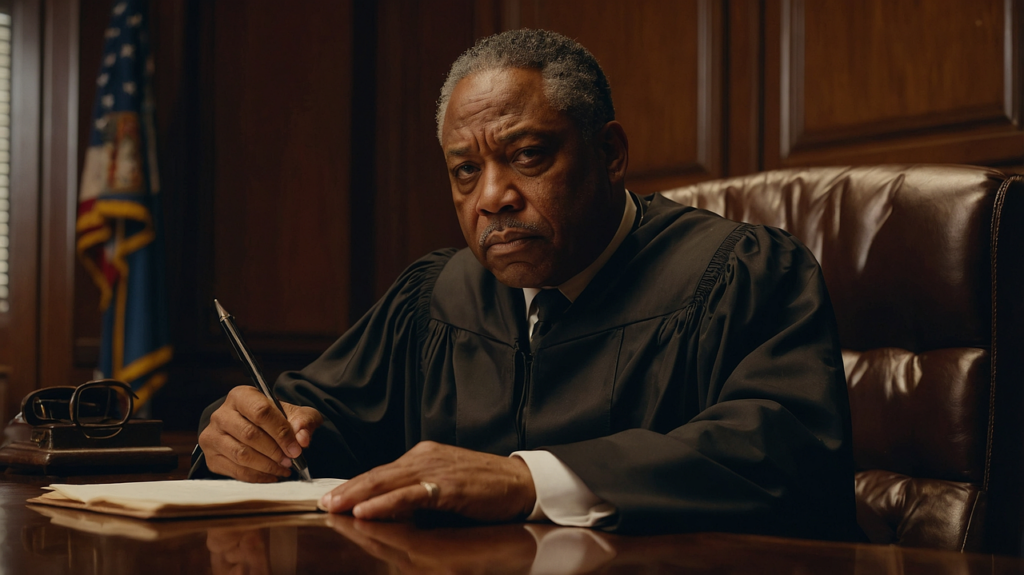Twenty-five years ago, the United States Supreme Court issued a landmark grandparents’ rights decision based on Washington law. In Troxel v. Granville, paternal grandparents petitioned for visitation rights with their grandchildren after the father committed suicide.
The grandparents had a strong bond with their grandchildren, but the children’s mother prevented visitation just a few months after the father’s death. At the time, Washington’s grandparent visitation statute was permissive and broad, allowing grandparent visitation even if a child’s parent objected if the court found that visitation would serve the child’s best interests. A divided Supreme Court struck down the law as unconstitutional.
Washington’s then-law allowed third parties, including grandparents, to petition for time with a party’s children and, in essence, created a scenario where a parent would have to prove that the contact was not in the children’s best interests. In effect, a family law judge could substitute its judgment over a fit parent’s right to make such decisions for their children.
Landmark Decision for Grandparents’ Rights
In Troxel, the Supreme Court determined the case involved nothing more than a simple disagreement between the family law court and the mother of the children concerning her children’s best interests and that the visitation order was an unconstitutional infringement on the mother’s right to make decisions regarding the rearing of her children.
The grandparents did not allege, and no court had found the mother was an unfit parent. And there is a legal presumption that fit parents act in their children’s best interests. Therefore, there is usually no reason for the State to inject itself into the private realm of the family to further question fit parents’ ability to make the best decisions regarding their children. After Troxel, Washington restructured and replaced its law, explained in more detail below.
Given how children, parents, and grandparents all have significant interests, it can be beneficial to have a Seattle family law attorney who knows the law and understands your family’s long-term interests to successfully pursue a grandparents’ visitation case through court.
The Right of a Fit Parent
Under the Constitution of the United States, a fit parent has a fundamental right to rear their children and make decisions without interference by the State. This includes the issue of decisions of with whom the children shall have contact and under what circumstances. Grandparents do not have a “right” to contact with their grandchildren simply by virtue of being a grandparent.
In Washington, the question of whether a parent can be forced to allow grandparent contact is not determined by the “best interest of the child” standard, which is present in cases between two parents. In fact, Washington law presumes that a fit parent’s decision to deny visitation is in the best interest of the child and does not create a likelihood of harm or a substantial risk of harm to the child.
Washington State’s Three-Prong Test to Prevail on a Grandparent Visitation Case
After the Troxel decision, Washington now has a three-prong test that must be satisfied to prevail on a grandparent visitation case: (1) They must already have an ongoing and substantial relationship with the child; (2) They must be a relative of the child or a parent of the child (i.e., a grandparent); and (3) that the child is likely to suffer harm or a substantial risk of harm if visitation is denied.
The best interests of the child consideration, which regularly applies in child custody and visitation matters between parents, comes into play only if the grandparent can prove “by clear and convincing evidence” that the child would likely suffer harm or the substantial risk of harm if visitation between them and the child is not granted.
If the court finds that the grandparent has met the standard and established the child would likely suffer harm or substantial risk of harm if visitation is not allowed, then the grandparent must then additionally prove “by clear and convincing evidence” that visitation is in the child’s best interest. Various factors determine the child’s best interests once that threshold is met. At a minimum, the court must consider:
(a) The love, affection, and strength of the current relationship between the child and the grandparent and how the relationship is beneficial to the child;
(b) The length and quality of the prior relationship between the child and the grandparent before the parent denied visitation, including the role performed by the grandparent and the emotional ties that existed between them;
(c) The relationship between the grandparent and parent seeking to deny contact;
(d) The love, affection, and strength of the current relationship between the child and the parent;
(e) The nature and reason for the parent’s objection to granting the grandparent visitation;
(f) The effect that granting visitation will have on the relationship between the child and the parent;
(g) The residential time-sharing arrangements between the parents themselves, who may have residential time with the child;
(h) The good faith of the grandparent and parent seeking to deny visitation;
(i) Any history of physical, emotional, or sexual abuse or neglect by the grandparent, or any history of physical, emotional, or sexual abuse or neglect by a person residing with the grandparent if visitation would involve contact between the child and the person with such history;
(j) The child’s reasonable preference, if the court considers the child to be of sufficient age to express a preference;
(k) Any other factor relevant to the child’s best interest; and
(l) The fact that the parent has not lost his or her parental rights by being adjudicated as an unfit parent.
Connect With a Dedicated King County Lawyer About Grandparent Visitation in Family Law
Grandparents have significant interests in Washington in terms of contact and visitation. At Elise Buie Family Law, we know how important that can be and how much stress it can cause when relationships with those we care about are threatened.
Our team of experienced family law attorneys in Seattle can help. Call us at Elise Buie Family Law Group, PLLC, today or schedule a time to talk.











